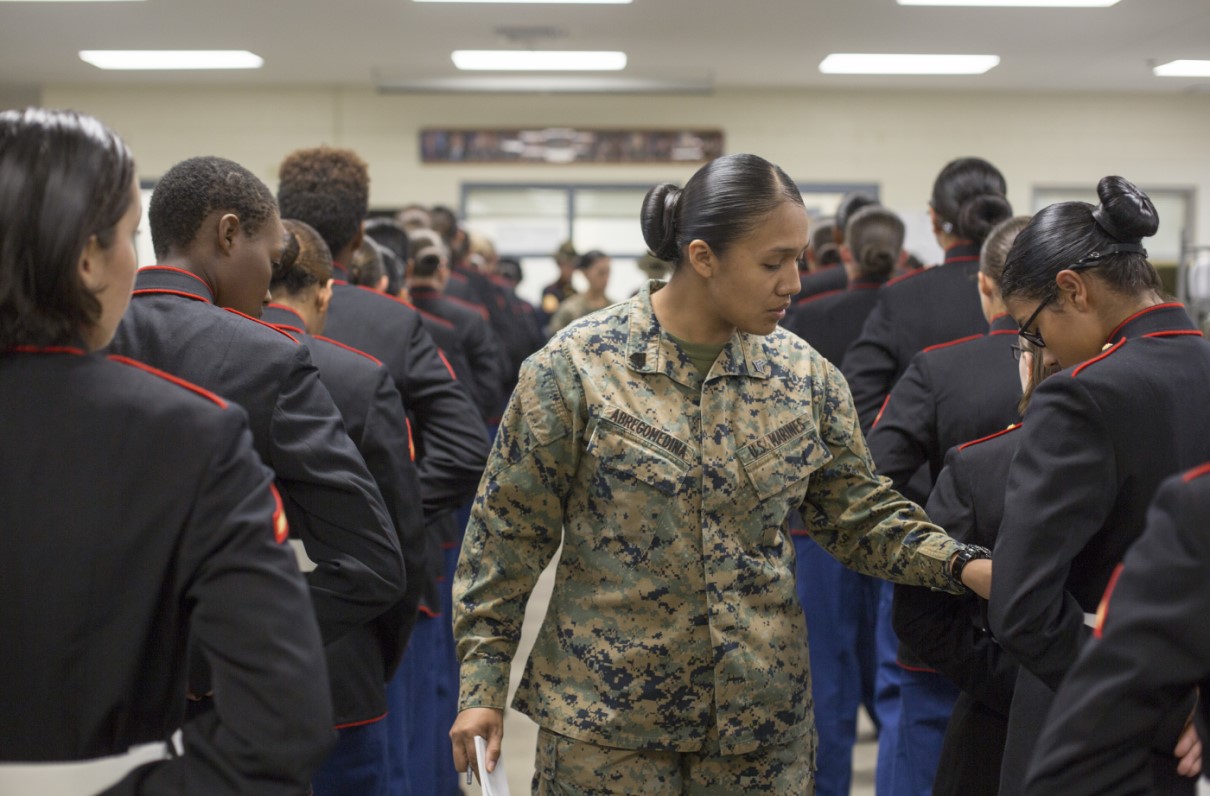Twenty-three years ago, my wife and I, both lieutenants at the time, walked into a clothing and sales store in Germany to purchase new uniforms. We bought roughly the same items for a formal event, and I was shocked that her uniform items were far more expensive. The cost was almost double.
The Military FATIGUES Act of 2021, S. 3016, recently introduced by Sens. Maggie Hassan (D-N.H.) and Joni Ernst (R-Iowa), finally seeks to correct this problem.
“Establishing uniform cost parity between male and female servicemembers is long overdue,” said Lt. Gen. Dana T. Atkins, USAF (Ret), MOAA president and CEO. “Uniform allowances have been based on the male uniform for years, resulting in female servicemembers having to personally subsidize the cost of their uniforms. MOAA appreciates Sen. Hassan and Sen. Ernst for looking out for our female servicemembers and these prejudicial uniform costs.”
A recent Government Accountability Office (GAO) study found the military services made 18 uniform changes over the last decade that have disproportionally increased out-of-pocket costs for women officers and found other inconsistencies for enlisted servicemembers across the services. This is not a surprise for those currently serving.
“It is absurd that we are forcing servicemembers to fork over thousands of dollars in order to pay for necessary clothing items that they wear while serving our country,” Hassan said. “This disparity in uniform costs is particularly stark for women, who are in some cases paying almost twice as much for the same uniform item as their male counterparts. I look forward to working closely with Senator Ernst to push forward this bill and make sure that we help close the gender inequities in our military and provide more support to our brave service men and women.”
Rep. Joe Wilson (R-S.C.) soon will introduce the House version of the FATIGUES Act and is working to make it a bipartisan effort in that chamber as it is in the Senate.
What Will the FATIGUES Act Do?
This straightforward legislation will require DoD to provide a report to establish consistency across the services and identify how to reduce the out-of-pocket costs as recommended by the GAO report. As stated in the bill:
“Not later than 180 days after the date of the enactment of this Act, the Secretary of Defense, acting through the Under Secretary of Defense for Personnel and Readiness and in coordination with the Secretaries concerned with respect to the Armed Forces under their jurisdiction, shall establish consistent criteria for determining which uniform or clothing items across the services are considered uniquely military for purposes of calculating the standard cash clothing replacement allowances, in part to reduce differences in out-of-pocket costs incurred by enlisted members of the Armed Forces across the military services and by gender within a military service.”
MOAA remains committed to improving conditions for those in uniform by supporting legislation like the FATIGUES Act for inclusion into the National Defense Authorization Act (NDAA). Recent articles featured at USAToday.com and GovExec.com highlighted MOAA’s support for the legislation.
You can read more about our advocacy initiatives at MOAA.org/advocacy-news.
MOAA Looks Out For You
MOAA is committed to protecting the rights of servicemembers and their families. Lend your voice and support these efforts today. Because the larger our voice is, the greater our impact will be.

